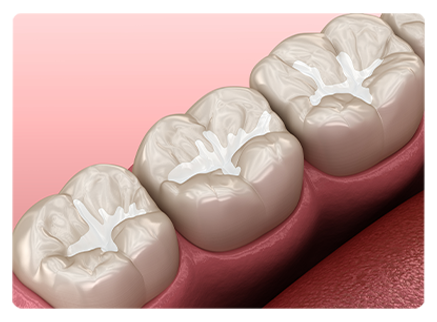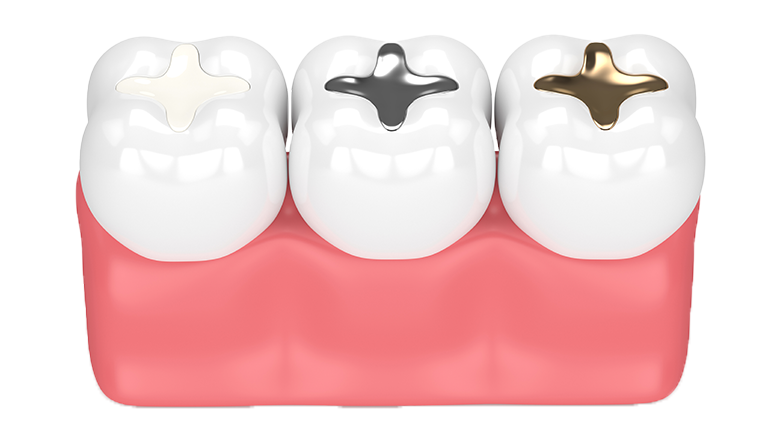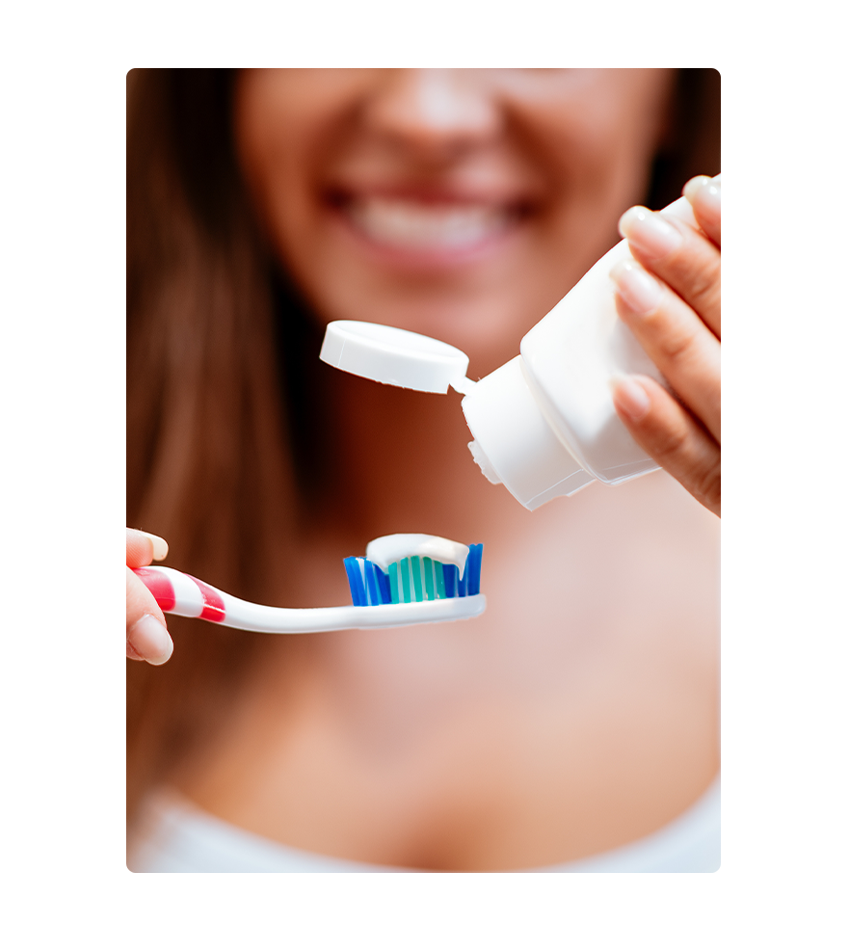
Dental health is an integral part of our overall well-being, and dental fillings play a crucial role in restoring the function of teeth damaged by cavities or physical trauma. With dental fillings, cavities are treated before they progress, and both aesthetics and functionality are preserved. At LHC Clinic, we have compiled the most accurate and up-to-date information about dental fillings for you.

🦷 Why Choose LHC Clinic?
Dental fillings are classified based on the material used. The main types include:


🦷 The Process of Placing a Dental Filling
The process of placing a dental filling usually follows these steps:
🦷 Aftercare Tips for Dental Fillings
Follow these aftercare instructions to ensure the longevity and effectiveness of your dental filling:


🦷 Frequently Asked Questions About Dental Fillings
🦷 Why Choose LHC Clinic for Your Dental Fillings?
At LHC Clinic, we offer the most reliable and up-to-date treatment methods to protect your dental health. Our expert dentists treat cavities accurately and apply long-lasting, comfortable, and aesthetic fillings to ensure your smile remains healthy.
Don’t neglect your dental health! Visit LHC Clinic for regular check-ups and to maintain a healthy, beautiful smile.

Early gum disease (gingivitis) is often painless but presents signs such as:
• Red, swollen, or tender gums
• Bleeding when brushing or flossing
• Chronic bad breath
• Receding gums or tooth sensitivityRecognizing these early warnings can prevent progression to more serious conditions like
periodontitis, which may lead to tooth loss.
Sedation dentistry helps patients relax during treatments, especially those with dental
anxiety or undergoing long procedures.
Common methods include:
• Nitrous oxide (laughing gas)
• Intravenous (IV) sedation
Sedation levels can range from mild relaxation to deeper sleep-like states, depending on
the method used.
Bone grafting restores bone in areas where it's lost due to tooth extraction, gum disease, or
trauma.Types of bone grafts include:
• Synthetic materials
• Donor or patient’s own bone (autograft)
Bone grafting supports future dental implant placement or maintains facial structure.
Missing teeth can lead to:
• Shifting of adjacent teeth, causing bite problems
• Bone loss in the jaw over time
• Speech difficulties and chewing inefficiency
• Psychological effects, such as lowered self-esteem
Timely replacement with suitable dental prostheses can prevent these complications.
Proper care after extraction helps prevent complications:
• Keep the gauze pad in place and bite down gently to stop bleeding
• Avoid spitting, rinsing forcefully, or using straws for the first 24 hours• Refrain from smoking as it hinders healing
• Eat soft, cool foods and avoid the extraction site while brushing
Sticking to these precautions promotes healing and prevents conditions like dry socket.
